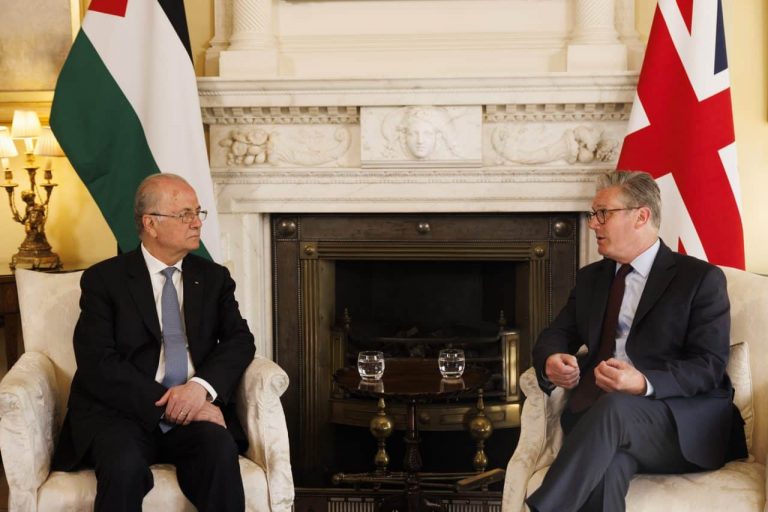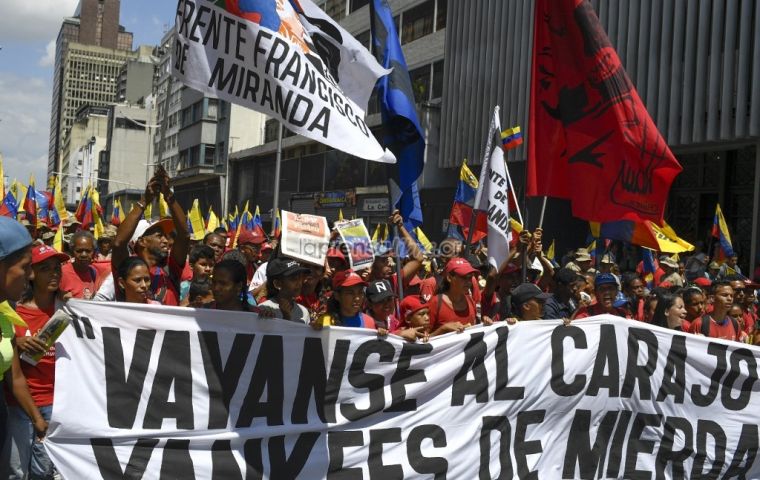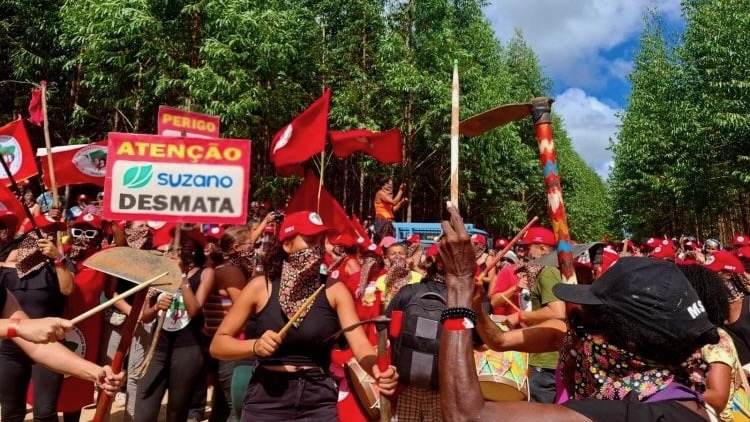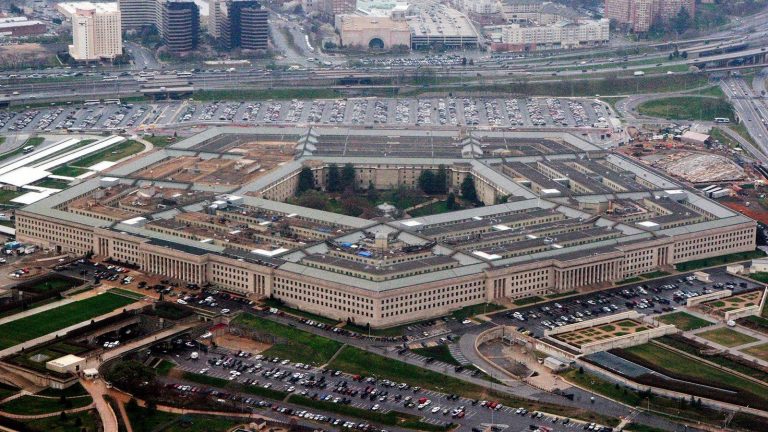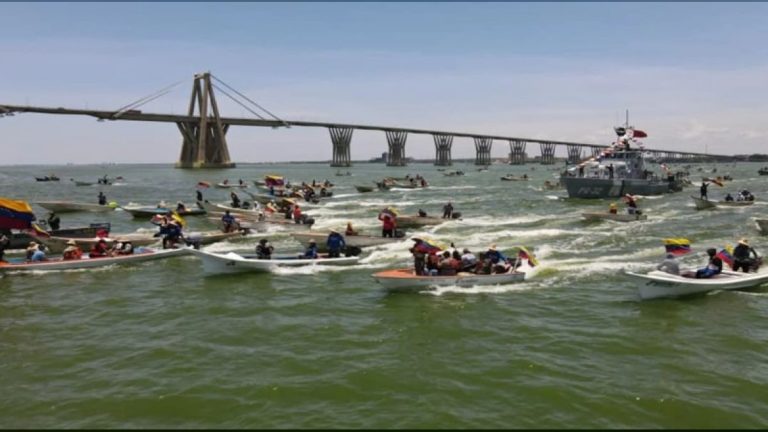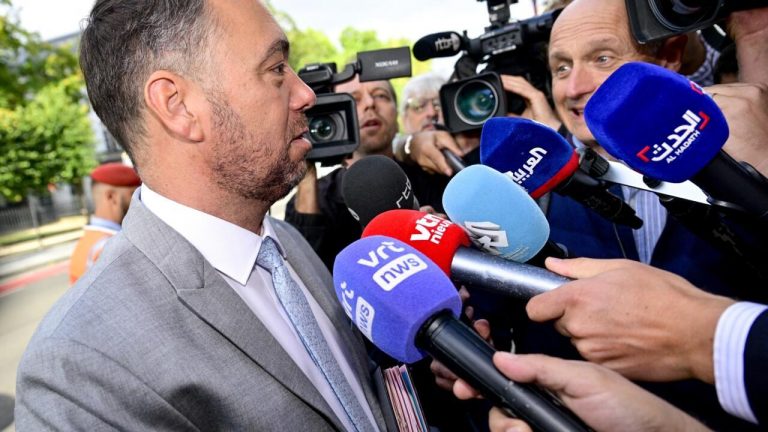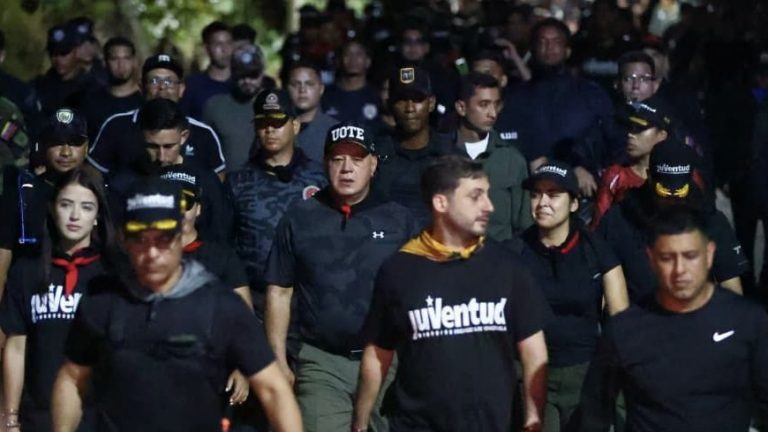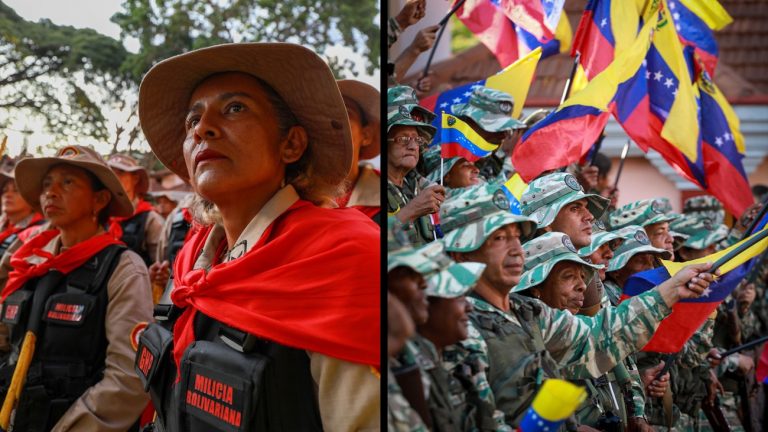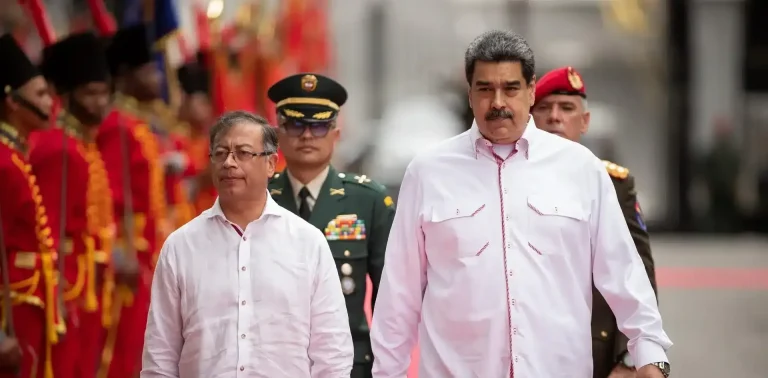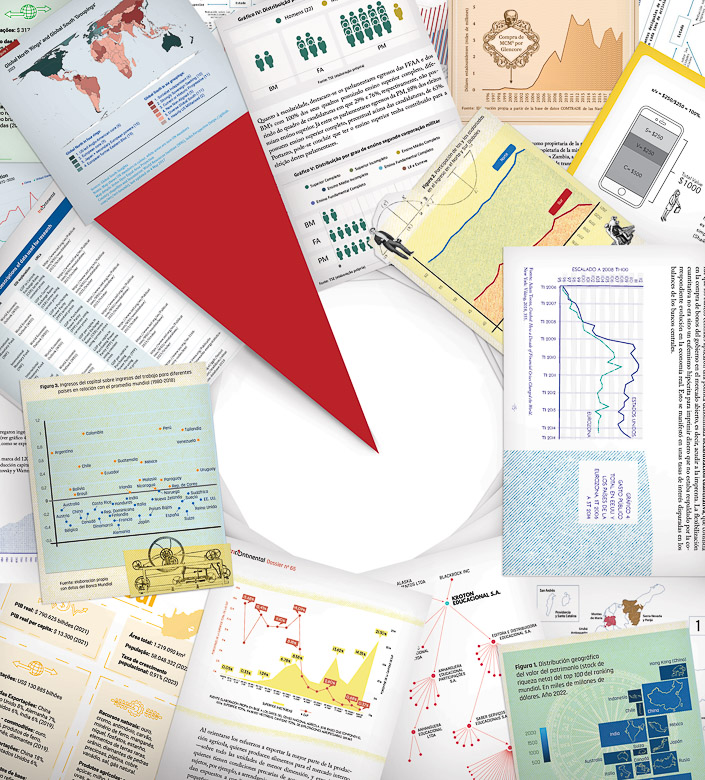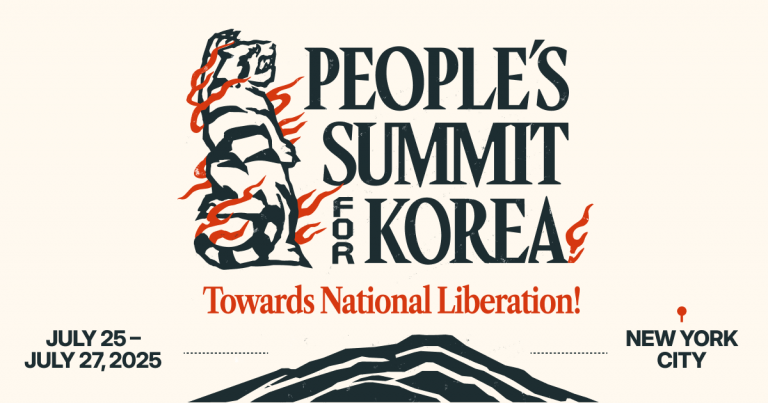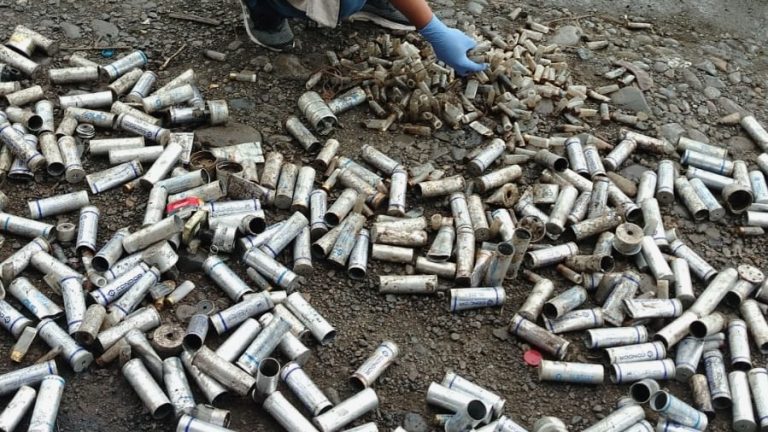Recognition Of Palestine: What It Does, What It Doesn’t Do, And Why Now
The United Kingdom, Canada, Portugal, and Australia officially recognized the State of Palestine in a series of separate but coordinated statements on Sunday, September 21. Other European and Western nations, including France, Belgium, New Zealand, and several other key allies of Israel, are expected to join the chorus of recognitions at today’s UN General Assembly meeting in New York. The summit is based on a joint Saudi-French initiative to revive a two-state solution called “the New York Declaration,” which was first issued at a conference on September 12. The conference was boycotted by the U.S, which opposed the summit.

